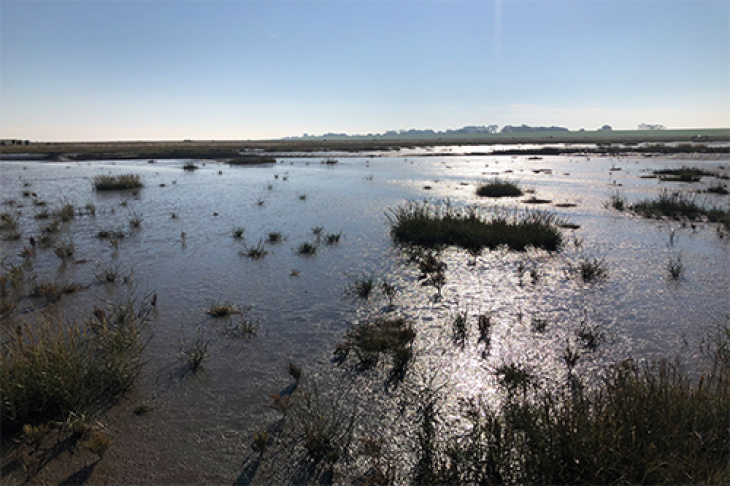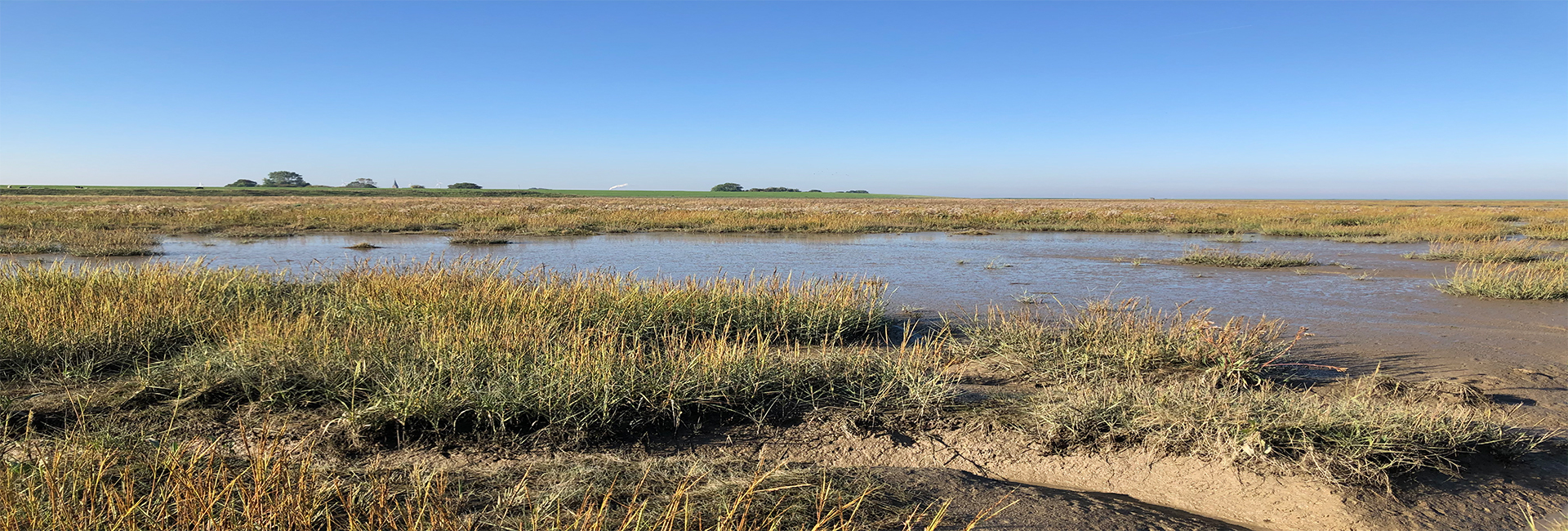Strengthening the coastal ecoystems of Europe
The EU Green Deal funded REST-COAST project, with the participation of the Helmholtz-Zentrum Hereon, will investigate how coastal ecosystems can recover sustainably. The goal: recovery and sustainable use of coastal ecosystems. Dr. Joanna Staneva from the Hereon Institute of Coastal Systems - Analysis and Modeling is co-leading the pilot study of the Wadden Sea.
Coastal and marine ecologists, economists and marine engineers from 38 organizations and research institutions across Europe, Turkey and Israel met in Barcelona in early November 2021 for the official launch event of the new project. It is one of only four projects among 180 applicants funded under the Green Deal call of the EU's Horizon 2020 program.
Problem solver for the coasts
The REST-COAST project aims to demonstrate that large-scale coastal restoration is not only possible, but vital for our adaptation to climate change. Coastal ecosystems can provide low-carbon adaptation potential to reduce risks and strengthen biodiversity and ecosystem service delivery such as agriculture and aquaculture, flood control, and tourism. Restoring fragile coastal ecosystems such as wetlands, dunes, or seagrass beds requires overcoming technical, economic, regulatory, and social barriers.
A complicated task

German coasts are also considered. Photo: Hereon/ Joanna Staneva
REST-COAST will address key challenges facing today's coastal ecosystems. "We are exploring the consequences of a long history of environmental degradation on our rivers and coasts," says Dr. Joanna Staneva, a researcher at the Hereon Institute of Coastal Systems - Analysis and Modeling. Even today, coastal management is often based on one-sided use of resources - unsustainable in the long run.
These inherent problems are now exacerbated by climate change. For example, rising sea levels cause coastal erosion and loss of soil fertility in coastal areas due to infiltration of salty water in the aquifers. Many dams and barrages upstream many European rivers have drastically reduced the natural transport of sediments from mountainous areas towards the sea. The reduced deposition of sediments causes the retreat of deltas visible in just a few decades and is often measured in many square kilometres of fertile land lost to the sea.
Milestones and challenges
Led by project coordinator Prof. Augustin Sanchez-Arcilla of the Polytechnic University of Catalonia (UPC), the REST-COAST project meeting in Barcelona discussed the project's milestones, challenges and work plans. REST-COAST's research activities are focused on nine pilot sites. These represent particularly vulnerable hotspots for the EU's main regional seas: the Baltic Sea, Black Sea, North Atlantic, and Mediterranean Sea. Through communication activities, REST-COAST aims to strengthen the commitment of citizens, stakeholders, and policymakers to long-term coastal conservation.
The Hereon research team undertakes the modeling for the German coastal zone, on the basis of which the status and risk assessments for the "coastal system" are made. In addition, scenarios are used to evaluate nature-compatible measures for protection and further development.
Further Information
Contact
Institute of Coastal Systems - Analysis and Modeling
Helmholtz-Zentrum Hereon
Communication and Media
Helmholtz-Zentrum Hereon
